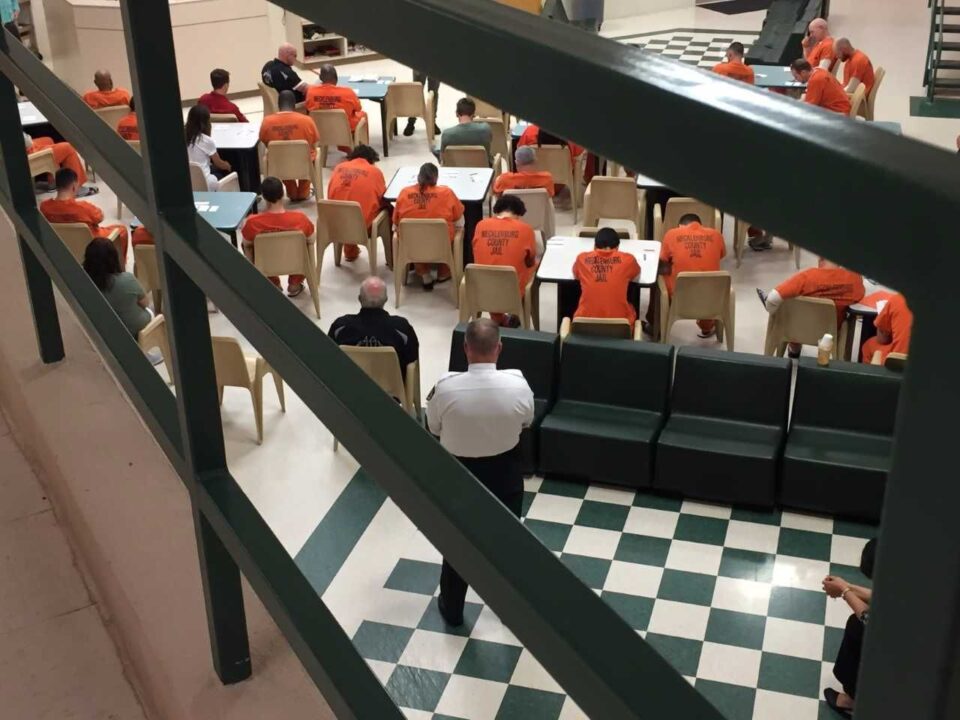Herbert L. White
THE CHARLOTTE POST
A new law that re-defines “delinquent juvenile” in North Carolina will send more teens to adult court trials.
Republican lawmakers overrode Gov. Roy Cooper’s veto of HB 834 on June 27, which moves the decision to charge juveniles as adults to superior court. The law automatically treats many 16- and 17-year-olds as adults for the most serious felony offenses – a reversal of parameters set by bipartisan “Raise the Age” legislation passed in 2019 that 46 other states observe.
Under Raise the Age, all criminal cases involving defendants under age 18 start in juvenile court except for major felonies such as murder, assault with a deadly weapon and armed robbery. Prosecutors can petition for a transfer to adult court.
“The bulk of these cases are already being prosecuted in Superior Court by way of an indictment,” Sen. Danny Britt, a Robeson County Republican, said in May. “What this does is just start those in Superior Court, but still provides they could be prosecuted as juveniles following a hearing or by consent of the parties.”
Research shows that incarcerating teens in adult jails and prisons results in higher rates of physical and sexual assault, shuts off access to education and results in higher recidivism rates.
Charlotte-Mecklenburg Police arrested more than 3,000 juveniles in 2023, with about 1,700 repeat offenders – 700 more than the year before.
“Most violent crimes, even when committed by teenagers, should be handled in adult court,” Cooper said in statement released by his office on June 11 after issuing the veto. “However, there are cases where sentences would be more effective and appropriate to the severity of the crime for teenagers if they were handled in juvenile court, making communities safer.
“While a number of Senators worked to make this legislation better than the original bill, I remain concerned that this new law would keep some children from getting treatment they need,” Cooper said, who added lawmakers should invest in more resources for the juvenile justice system. The state has a 32% vacancy rate among court counselors, and a 45% vacancy rate for detention staff.
Mohammed said during a May Judiciary Committee hearing that juvenile courts already punish defendants. More than 400 cases involving teens were transferred from juvenile to adult court last year. The new law, critics contend, doesn’t streamline the process.
“The great thing about juvenile courts is that you get one judge, you get that one kid, you get the same prosecutor, you get the same juvenile defender, and the most important piece, it’s the only jurisdiction where you get to hold parents accountable,” he said.

